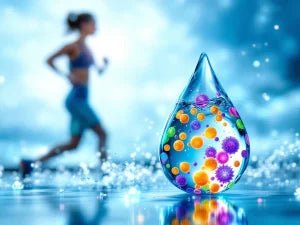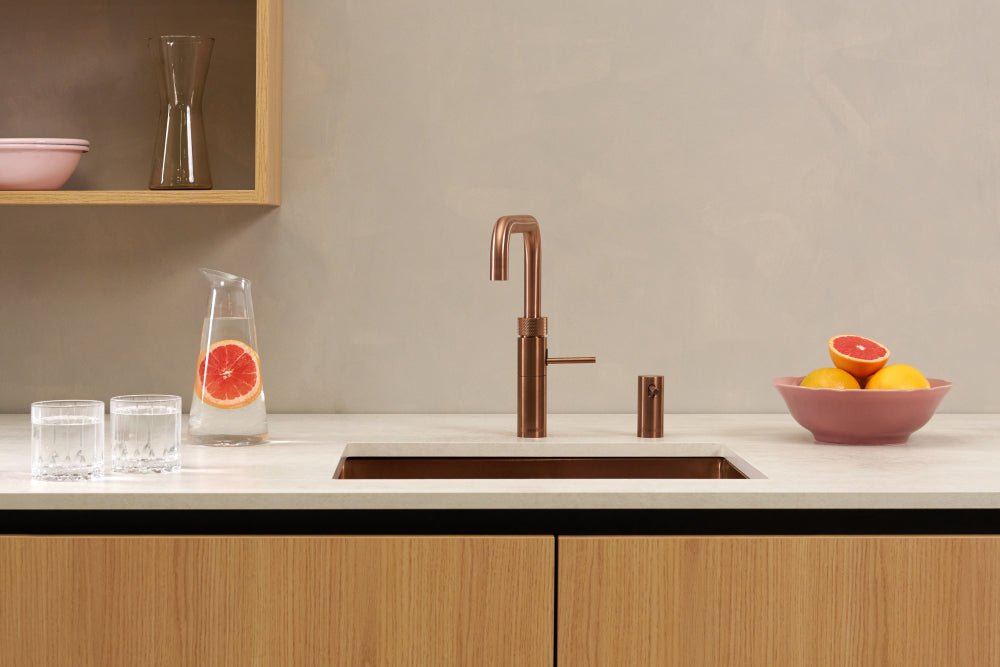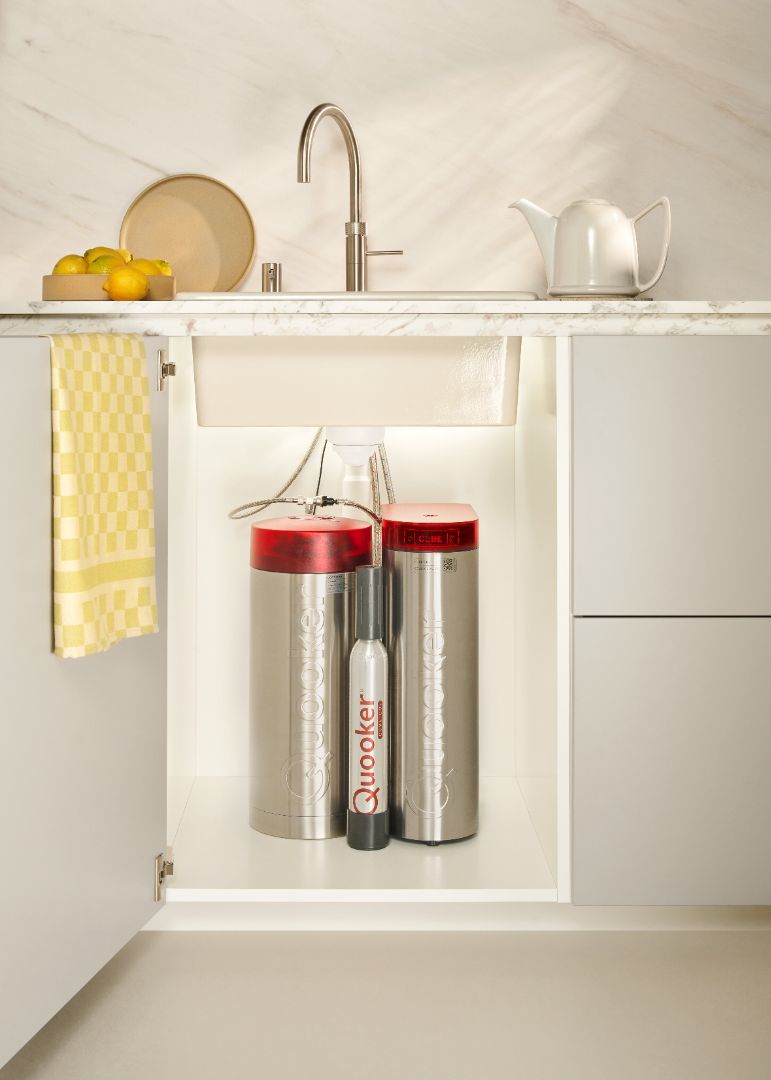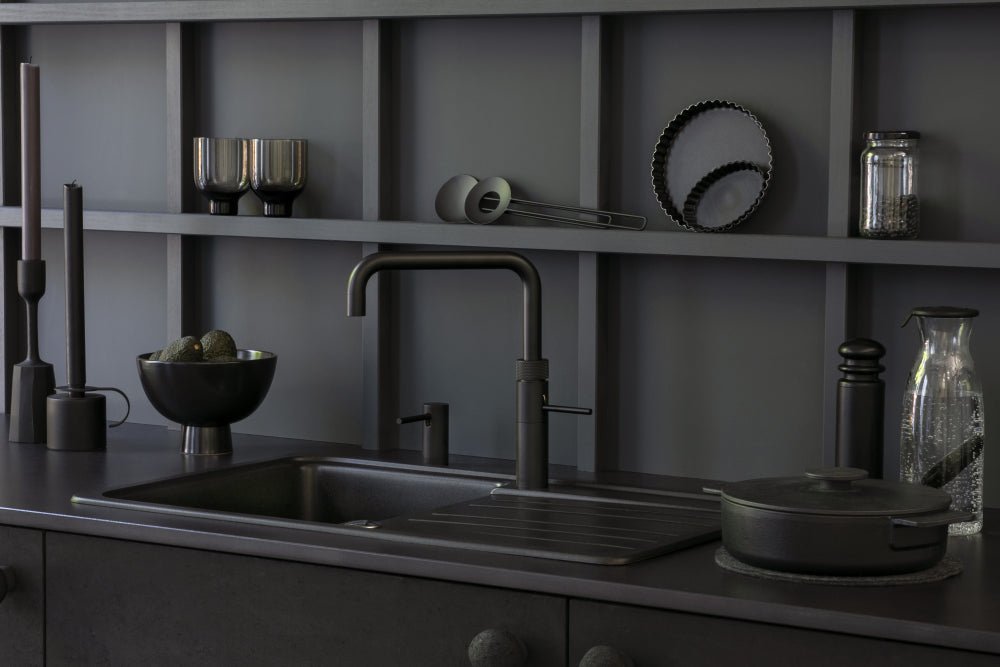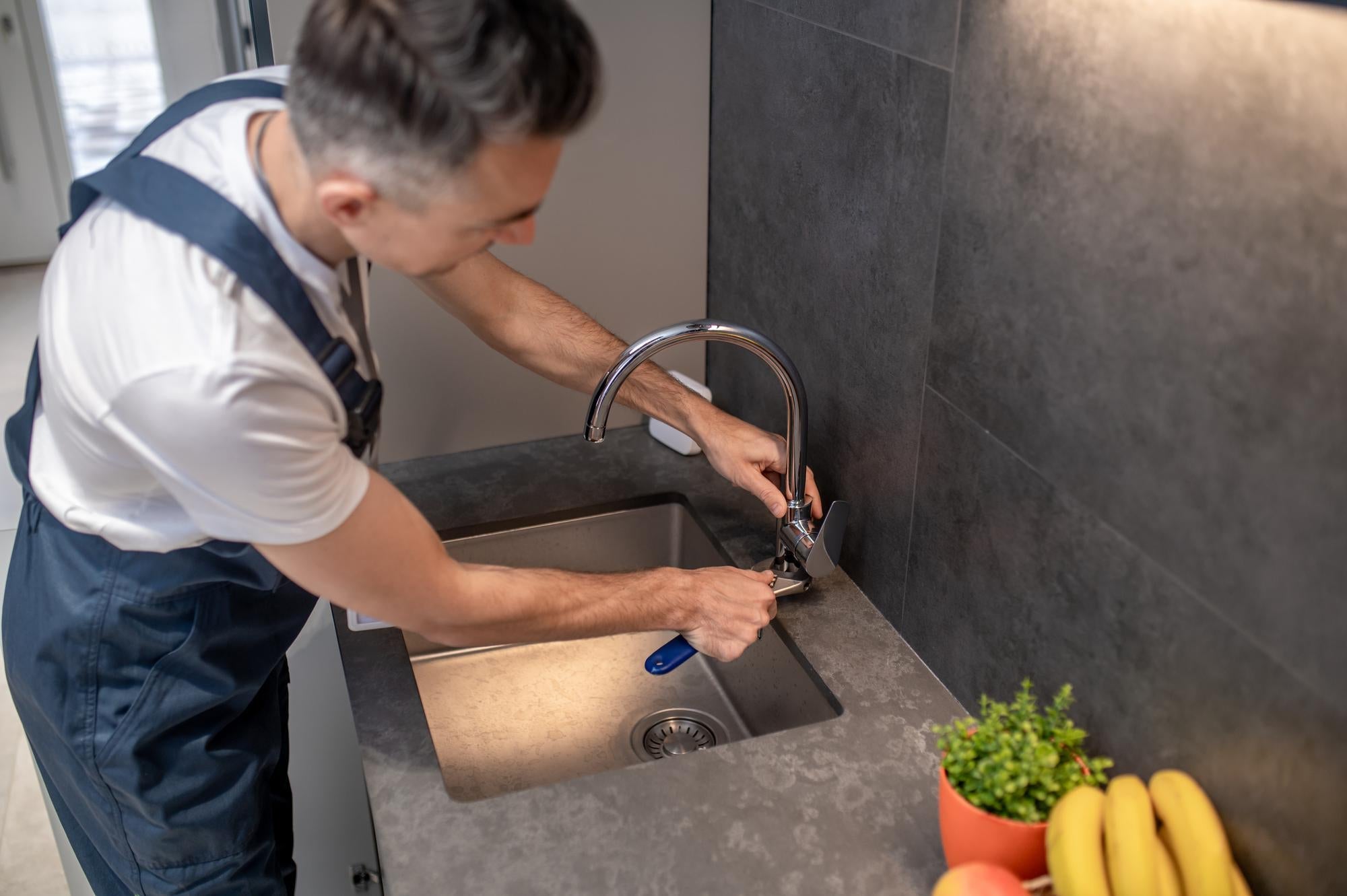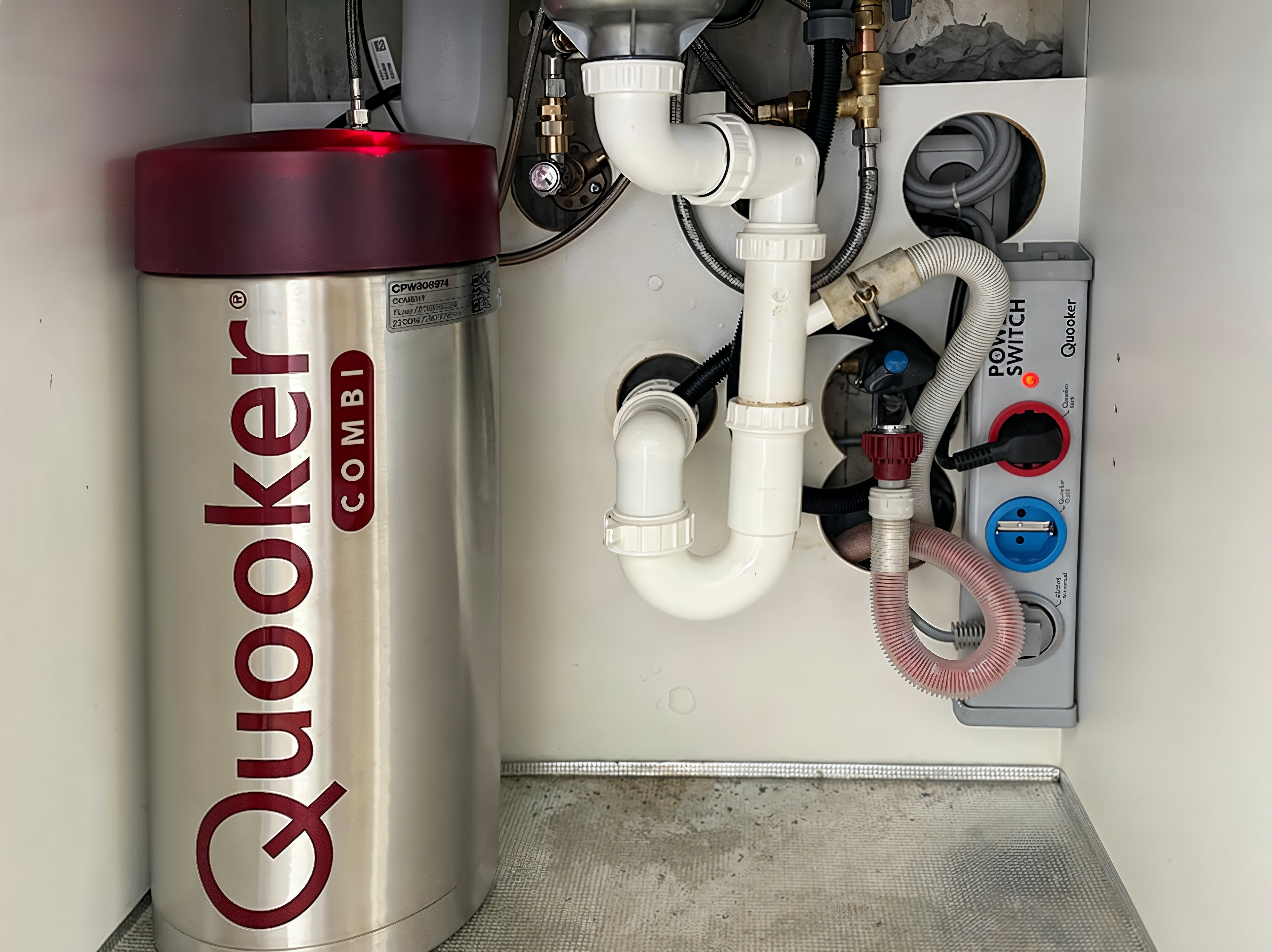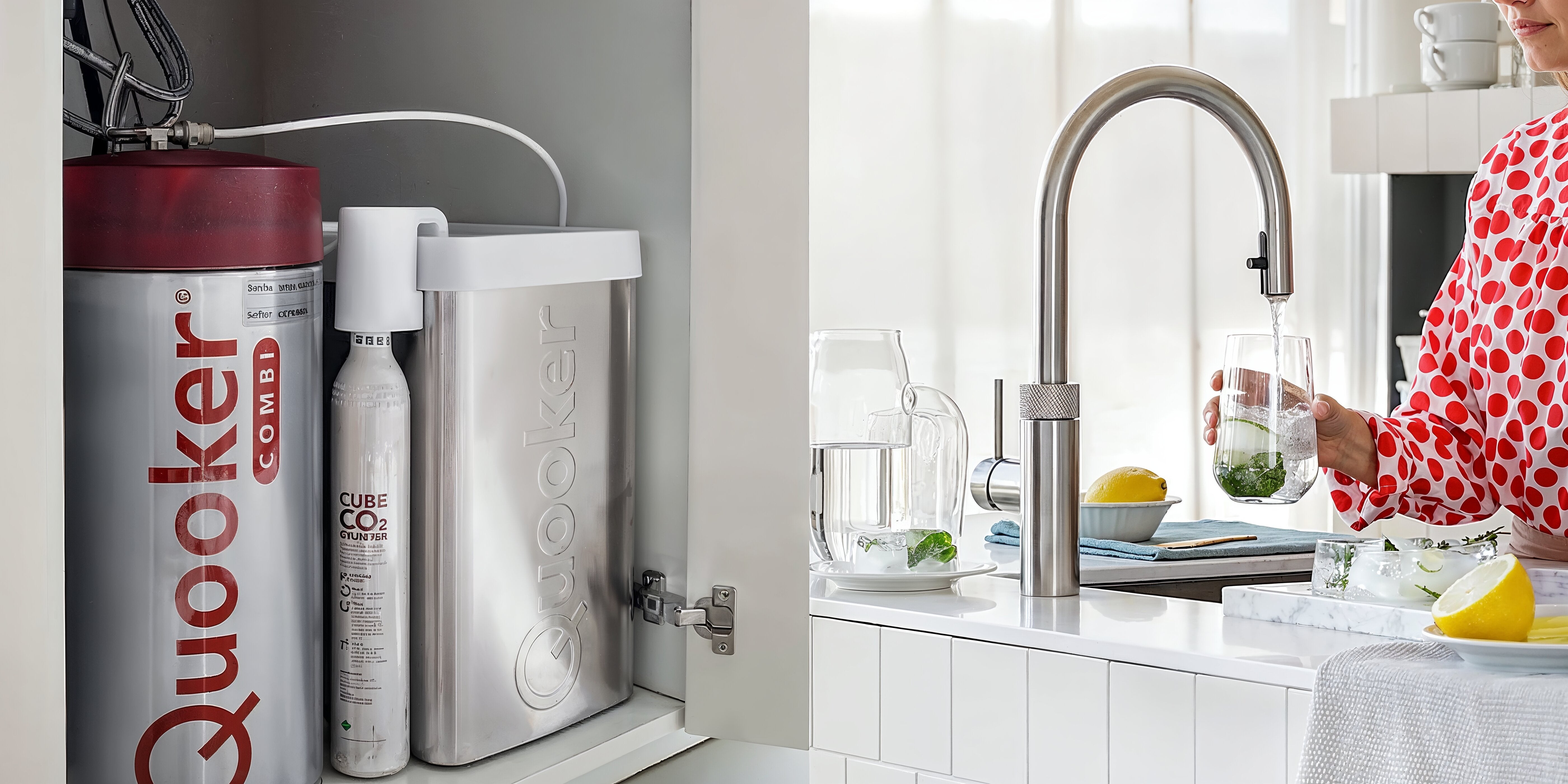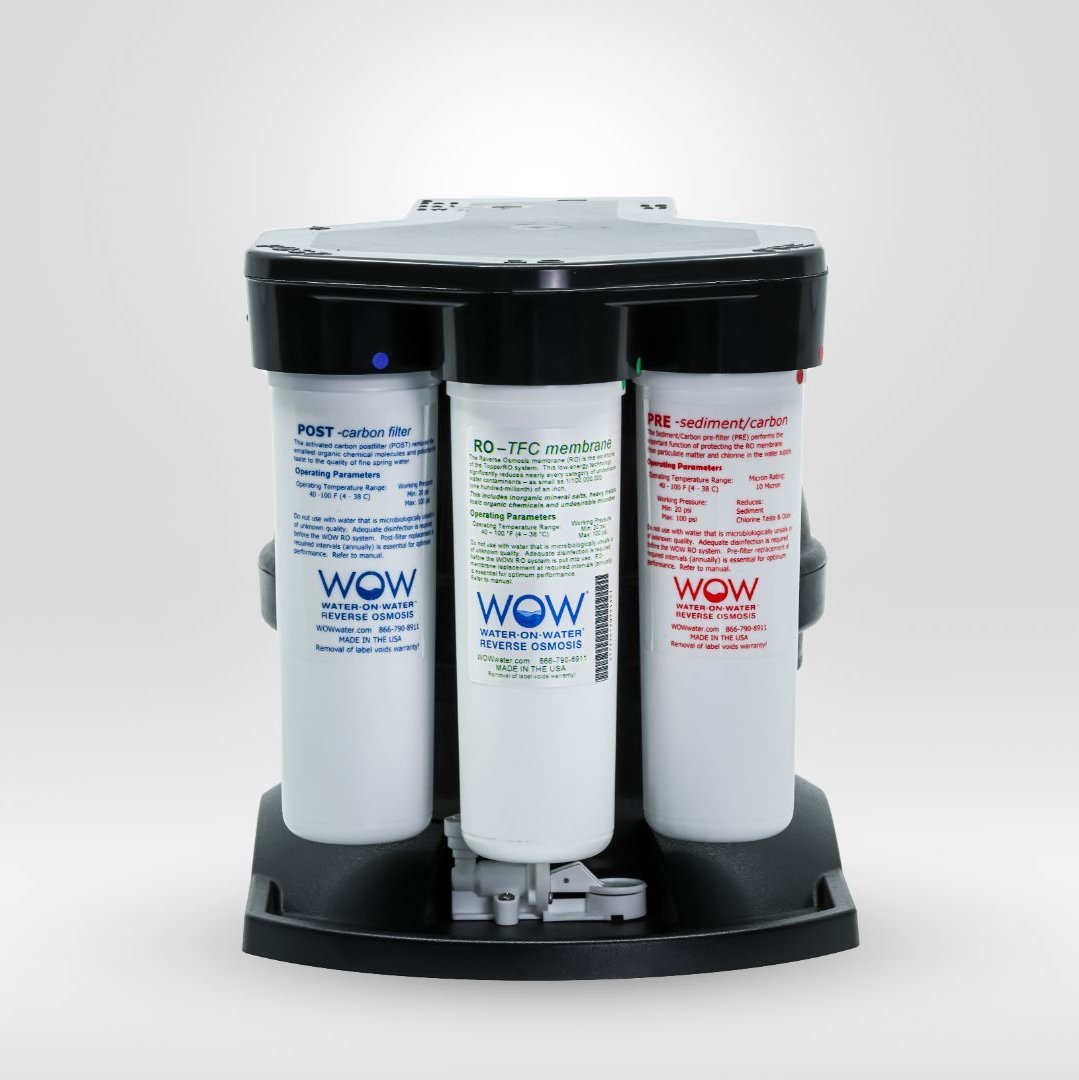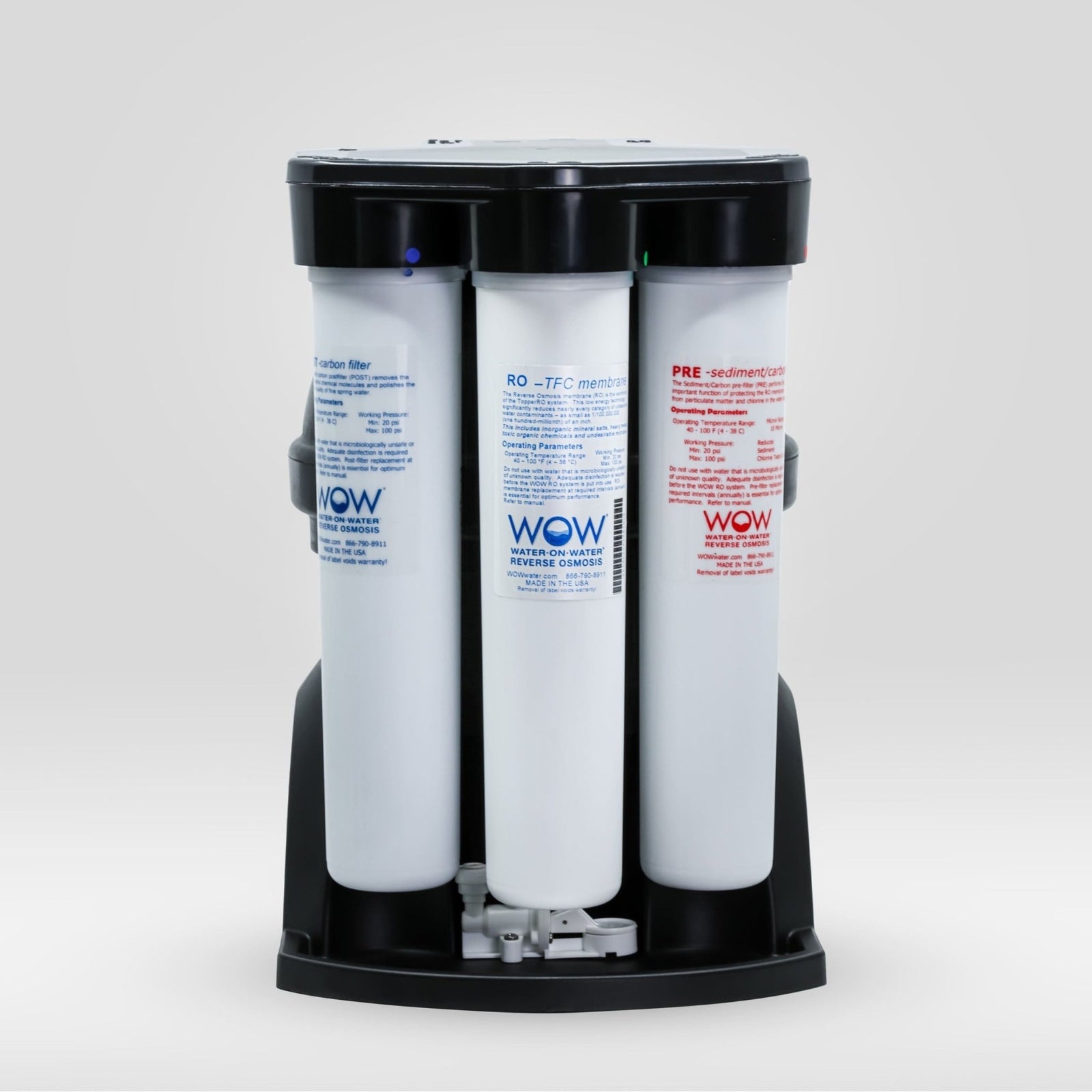More and more people are switching from bottled water to tap water with a water filter. This shift is driven by cost savings , environmental awareness, and the increased accessibility of high-quality home water filtration systems. Modern technologies like reverse osmosis make it possible to purify tap water to spring water quality, making bottled water unnecessary.
Why do people choose bottled water alternatives?
The movement away from bottled water is growing worldwide, driven by a combination of economic, environmental, and health considerations. Consumers are becoming increasingly aware of the environmental impact of plastic bottles and the unnecessary costs they entail.
The main reasons for this shift are:
- Financial considerations - an average household can save hundreds of euros per year
- Environmental awareness – the production and transportation of plastic bottles causes significant CO2 emissions
- Improved technology – modern water filter systems such as reverse osmosis deliver spring-quality water
- Convenience - no more lugging heavy water bottles
- Health considerations – avoiding microplastics and chemicals from plastic bottles
This trend is reinforced by the accessibility of home water filter systems that are easy to install and require minimal maintenance. With these systems, consumers always have fresh, filtered water available, without the drawbacks of bottled water.
How much money do you save by not buying bottled water?
The financial savings of switching from bottled water are significant. An average Dutch household switching to filtered tap water can save €400 to €800 annually, depending on current bottled water consumption.
| Type of water | Cost per liter | Annual costs (4 persons, 2L pp per day) |
|---|---|---|
| Bottled water (supermarket) | €0.25 - €0.50 | €730 - €1,460 |
| Premium bottled water | €0.75 - €1.50 | €2,190 - €4,380 |
| Tap water | €0.002 | €5.84 |
| Filtered tap water (incl. filter costs) | €0.04 | €116.80 |
The investment in a water filter system usually pays for itself within 6 to 12 months. After this period, you'll enjoy pure water for less than €10 per month in filter costs, a fraction of the price of bottled water.
Additional savings arise from:
- No transportation costs for collecting water
- Less space required for storage
- No deposit administration
- Longer lifespan of household appliances through descaled water
What are the environmental benefits of avoiding bottled water?
The ecological impact of bottled water is enormous. The production of a single plastic bottle requires three times as much water as ultimately ends up in the bottle. Furthermore, the transportation of bottled water causes significant CO2 emissions .
The main environmental benefits of avoiding bottled water are:
- Reducing plastic waste – a family of four saves about 2,920 plastic bottles annually
- Lower CO2 footprint – no need to transport water over long distances
- Less energy consumption - production of plastic bottles costs a lot of energy
- Protecting oceans - less plastic ending up in the sea
- Conservation of natural resources – less water extraction for bottled water
Modern water filter systems are also highly efficient. Systems with reverse osmosis technology produce up to 500% less wastewater than traditional filtration methods. The filters are fully recyclable, further reducing the environmental impact.
By switching to filtered tap water, you're immediately contributing to a more sustainable future. It's a simple change with significant positive consequences for the environment.
How do water filters make tap water taste as good as bottled water?
Modern water filters, especially reverse osmosis systems, transform ordinary tap water into spring-quality water. This technology removes up to 99% of unwanted substances such as chlorine, limescale, pharmaceutical residues, pesticides, and heavy metals.
The filtration process works in several steps:
- Pre-filtration removes coarse particles and sediment
- Carbon filtration removes chlorine and organic compounds
- Reverse osmosis filters at the molecular level
- Remineralization adds essential minerals such as calcium and magnesium
The result is water with a fresh, neutral taste, without the aftertaste of chlorine or limescale. Many users report that tea and coffee become more flavorful, and that even flowers stay fresh longer in the filtered water.
A key difference from standard water filters like Brita pitchers is the level of purification. While simple filters primarily improve odor and taste, reverse osmosis systems actually remove harmful substances. This results in not only better-tasting water, but also healthier water.
What health considerations influence the choice against bottled water?
Health concerns are a major reason to switch from bottled water to filtered tap water. Recent research shows that bottled water often contains microplastics , tiny plastic particles whose long-term health effects are still unclear.
Important health considerations include:
- Microplastics – present in most bottled water
- BPA and other chemicals – can leach from plastic bottles, especially in heat
- Bacterial growth - in opened bottles stored for too long
- Freshness – filtered water is always fresh, bottled water can be months old
- Mineral balance - modern filters retain essential minerals
Water filter systems certified to NSF/ANSI 58 standards guarantee safe drinking water. These systems remove bacteria, viruses, PFAS, pharmaceutical residues, and other harmful substances, while retaining essential minerals.
Using your own water filter system gives you control over your water quality. With a TDS meter, you can test the purity of your water yourself, something that's not possible with bottled water.
The top reasons to stop drinking bottled water
Switching from bottled water to filtered tap water offers overwhelming benefits in every way. Financially, you'll save hundreds to thousands of euros annually. For the environment, it means a drastic reduction in plastic waste and CO2 emissions. Health-wise, you'll avoid microplastics and chemicals from plastic bottles while enjoying fresh, pure water.
Practical steps for the transition:
- Find out which water filter system suits your situation
- Invest in a certified system with reverse osmosis technology
- Buy reusable water bottles for on the go
- Test your water quality regularly with a TDS meter
- Replace filters according to the recommended schedule
With modern water filter systems, switching is easier than ever. Systems operate without electricity, fit in any kitchen cupboard, and require minimal maintenance. The Carefree Pure subscription ensures you automatically receive new filters, including recycling of the old ones.
Choosing filtered tap water is a choice for your wallet, your health, and our planet. It's time to say goodbye to bottled water for good and opt for a sustainable solution that delivers fresh, pure water every day, straight from your own tap.
